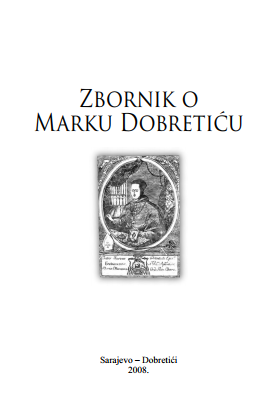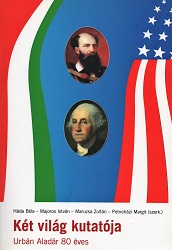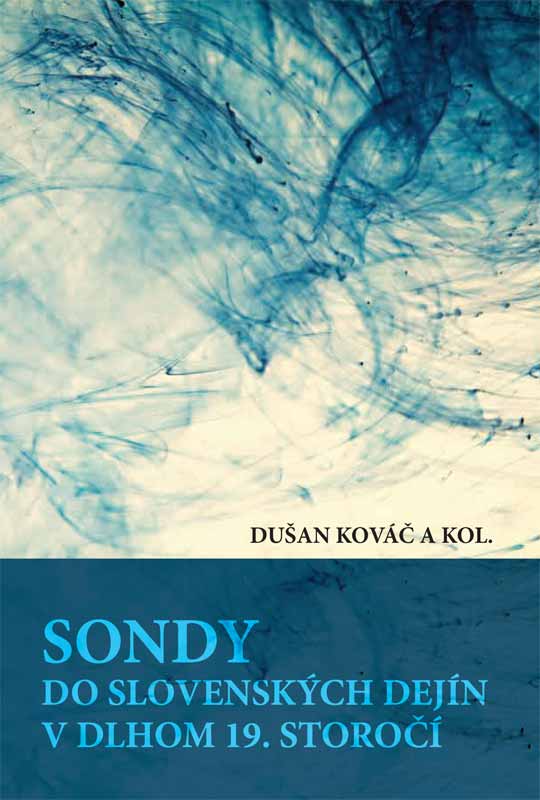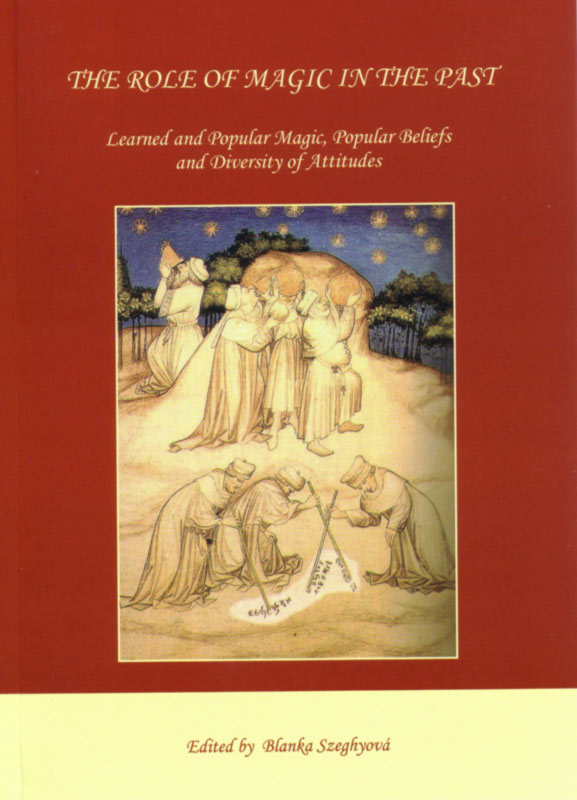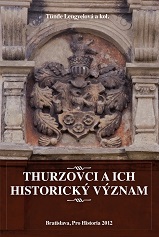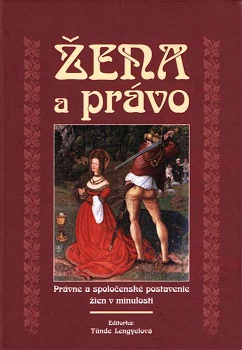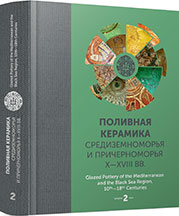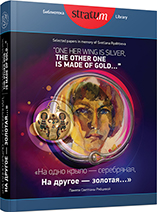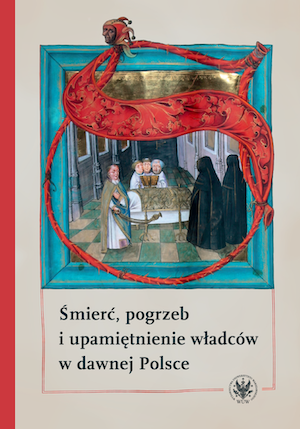Author(s): Borbála Benda / Language(s): Slovak
Publication Year: 0
Bad and problematic marriages were not rare in the early modern period. Elizabeth Rákóczi was orphaned at the age of ten. She was the only owner of the numerous lucrative estates and manors. She was not even 14 when she married Adam Erdődy. Nevertheless, only couple of weeks after her wedding the husband was fatally injured in a battle with the Ottomans. Several of her husband's relatives immediately claimed their right to her property and so she had to marry as soon as possible. George Erdődy, the cousin of her late husband, seemed a— suitable suitor. He had been studying law in Vienna and starting his career that was later to culminate in his position as a judge royal, one of the highest court officials of the realm. For the house of Erdődy the marriage was prom ising because they would be able to keep many lucrative Rákóczi's estates in the family. Elizabeth, on the other hand, was not too eager to marry George; she was waiting for a better suitor, probably for Paul Esterházy. In the end, however, she did marry George Erdődy. Their marriage can be divided into three visibly different stages. Decisive are the years when Elizabeth left her husband. He asked for the mediators and though the conflicts between them were settled, their relationship cooled off. George was often in debts and the profits from his estates were not enough for his living standard. Living in Vienna he usually used his wife's estates yields to cover his expenses. Moreover, he pawned and even sold some of her property without her knowledge. In the first years of their marriage, he limited her freedom, would not take her with him and did want her to go to and be entertained at courts of neighbouring nobles. Perhaps out of jealousy he did not let her go to Sintava where Paul Esterházy was holding a ball. George's servants, who did not listen to her orders, further worsened their marital relationship. Moreover, George's servants denounced and complained about her to him. In the time of revolt of Imrich Thököly, the insurgents occupied her manors and captured her. Eventually she was able to run away to Poland with her valuables. Elizabeth had the feeling that her husband did not support her in these hard times. Later, when the property was returned to her, she tried to restore her as well as her husband's estates. George stayed in Vienna, though. This led to further conflicts. George addressed mediators again and accused her of "turning her back to him." This situation repeated itself several times. In the autumn of 1703, she had to flee to Novigrad in Croatia where she lived until her death. Nevertheless, Croatia remained a foreign country to her. Household management was only substitute activity so she would not think of her lost property. Despite seemingly peaceful state, Elizabeth suffered a lot in her marriage. Several problems would show repeatedly in their marriage. Elizabeth was thrifty and prudent whereas George Erdődy was always making debts. They had different interests too: Elizabeth was fond of hunting she used to send some of the killed animals to her husband. Erdődy if ever interested in hunting he would send his servants instead of going himself. Elizabeth wanted to live her own life, administer her property and amuse herself without her husband. Erdődy wished to spend more time with her wife. We do not know why Elizabeth disliked her husband, but the fact was that she often avoided him.
More...
